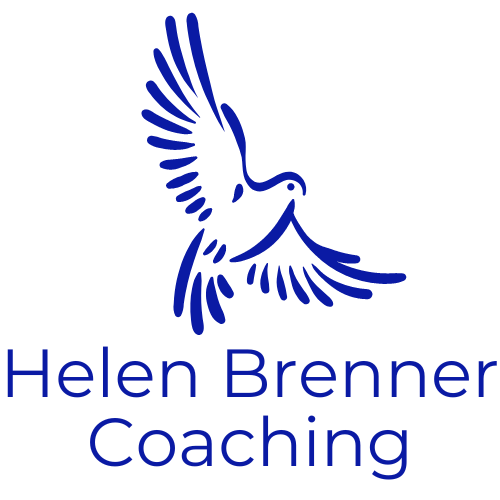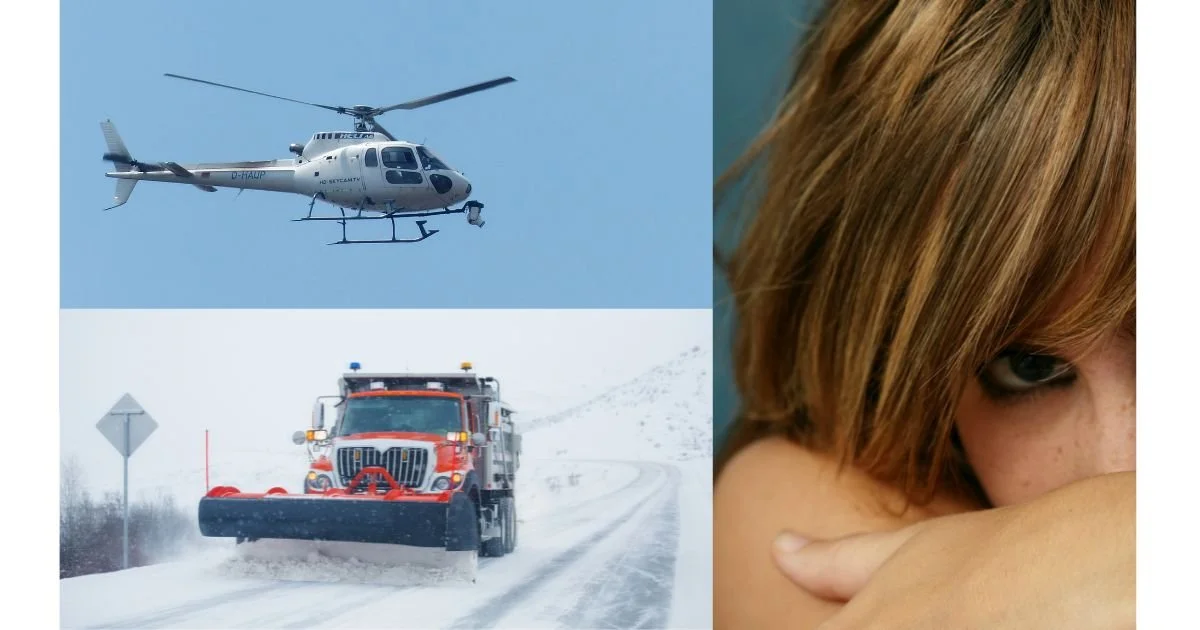Raised by Love… and Control: The Adult Child of a Helicopter or Snowplow Parent
You were loved.
You know that.
There was no shortage of attention.
Your parents hovered, helped, praised, protected.
And yet...
You carry a weight that’s hard to name.
You were loved.
But you weren’t trusted.
Not really.
Everything was managed.
Decided.
Paved for you.
So you wouldn’t fall.
But no one taught you how to get up.
When Love Is a Leash
Maybe you didn’t have the kind of childhood people write memoirs about.
No big trauma. No yelling. No neglect.
Instead, you had something quieter.
Something harder to name.
A kind of overcare that looked like support…
but felt like surveillance.
You were the kid with the perfect science project (because your parent “helped”).
The one with a full schedule of “opportunities” you never asked for.
The one who always did the safe thing… because risk wasn’t really an option.
You learned:
“We don’t let you fall here.”
But what you heard was:
“We don’t believe you’ll survive it.”
Now You're the Adult—But Something Feels... Off
Maybe you’ve achieved a lot.
Or maybe you feel stuck in place.
Either way, that invisible leash?
It didn’t disappear when you turned 18.
Now it shows up as:
Indecision – You freeze when you have to choose. Because someone else always did it for you.
Fear of failure – You’ve never been allowed to mess up, so it feels catastrophic.
Self-doubt – You second-guess your instincts. Because no one ever let you trust them.
Guilt – You feel bad for pulling away, bad for succeeding without them, bad for needing space.
Resentment – But you feel even worse for feeling it.
You learned that “good kids” are grateful.
But gratitude doesn’t erase the cost.
The Hidden Cost of Being Overparented
Let’s name it:
You may have been raised with love.
But it came with conditions.
Maybe you felt like a reflection of their worth—
A mirror they needed to shine so they could feel okay.
Maybe you became a “success story” because failure wasn’t allowed.
Maybe you never got to ask,
“Who am I, outside of what they want me to be?”
It’s Not About Blame—It’s About Understanding
This isn’t about dragging your parents.
It’s about seeing the full picture.
They probably didn’t know they were doing it.
They may have been doing their best.
They might have even been trying to prevent what they went through themselves.
But understanding their pain doesn’t mean denying your own.
You get to name what it felt like.
You get to grieve what you didn’t get.
You get to build the muscles they never let you use.
You were raised in a safety net.
Now you’re building your own wings.
Reclaiming Your Self-Trust
Healing from this doesn’t require a blow-up or a dramatic confrontation.
It starts quietly—with your own awareness.
Begin by asking:
What would I choose if I weren’t afraid of disappointing them?
Where do I stop myself because I hear their voice in my head?
What’s my voice actually saying?
Where am I still seeking permission I no longer need?
You may not need to cut ties.
But you might need to cut the pattern.
You don’t owe them your obedience.
You owe yourself your truth.
It’s Never Too Late to Heal This
You are not broken.
You’re just learning to live without the training wheels they never took off.
You may wobble.
You may fall.
You may feel a little lost.
That’s okay.
That’s what growth looks like.
The love you received wasn’t wrong—
But it wasn’t always what you needed.
And now?
You get to give that to yourself.
🔁 Want to understand where this pattern started?
Read the companion blog: Helicopters, Snowplows, and the Hidden Wounds of Parenting
If you're a parent—or if you're wondering what your parents might have been feeling—this post will give you insight into the “why” behind their behavior.






